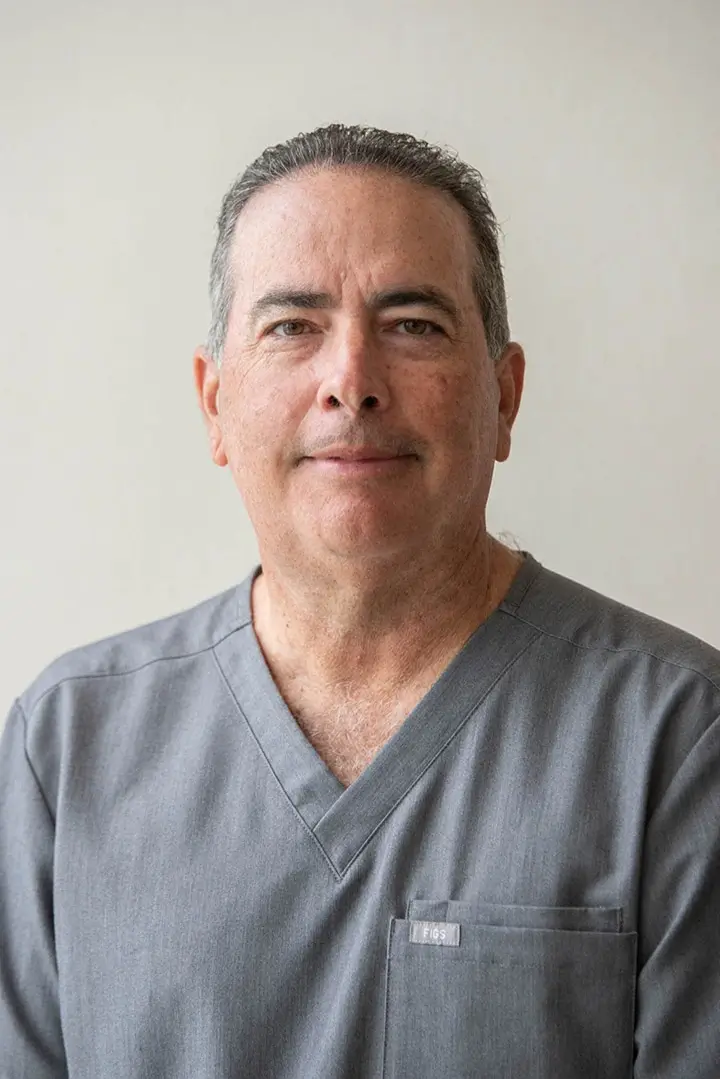Acute lung injury is a major cause of death that can be caused by several conditions. Viral infections such as SARS, blunt for tissue trauma, and bacteria sepsis have all been associated with lung injury. It is believed that approximately 75,000 deaths per year in the United States alone occur because of this. Deaths are occur primarily in the intensive care units, and to date, there has been no treatment developed that works.
Scientists at the University of Illinois reported today in the international medical journal Stem Cells that adult stem cells isolated from the bone marrow of mice can protect against acute lung injury. The scientists reasoned that since in acute lung injury most of the damage occurs to the cells lining the blood vessels, addition of cells that can protect, or even regenerate these cells may be therapeutically useful.
It has been known for some time that the bone marrow contains stem cells that on the one hand can make new blood cells, these are called hematopoietic stem cells, but on the other hand, cells that can create new cells that make up the lining of the blood vessels, these are called endothelial progenitor cells.
The lead author of the study, Dr. Kishore Wary, stated "In ALI, the layer of cells that forms the lining of the blood vessels surrounding the lung’s air sacs is damaged, allowing fluid to leak in and fill the sacs. Repair of these breaks in the endothelium, or lining, is complicated by the fact that endothelial cells are long-lived."
In addition to demonstrating therapeutic effects of bone marrow stem cells, the authors identified a cell population that was responsible for the effects. Using a technique that detects cells based on unique marker proteins called flow cytometry, the investigators found that the bone cell cells containing the proteins FLK-1 and CD34 were causing the beneficial effects. Furthermore, the scientists found that by growing the cells outside of the body under special conditions, the numbers of cells could be increase, as well as their ability to attach to various organs.
The research group who performed this study was funded by grants from the National Institutes of Health. Stephen M. Vogel, Sean Garrean, Yidan D. Zhao and Asrar B. Malik, all of the department of pharmacology in the UIC College of Medicine, also were coauthors on the publication.

